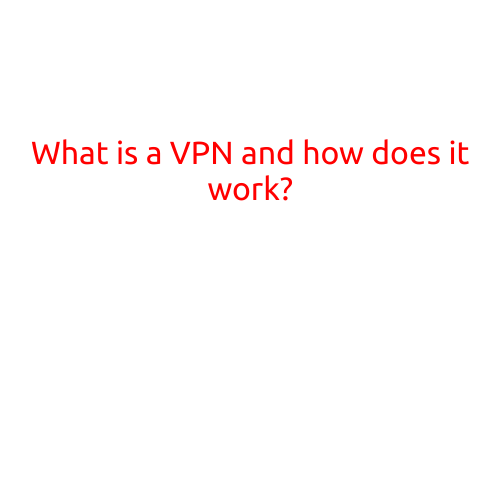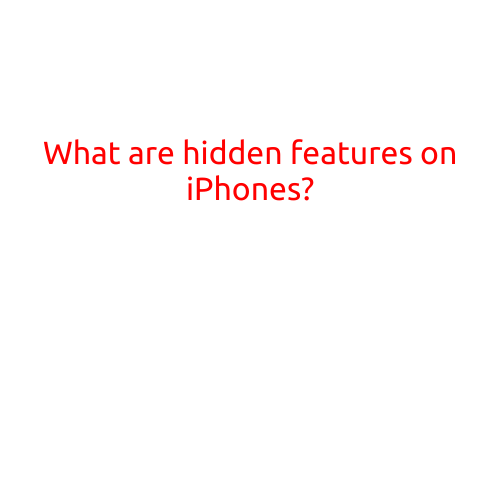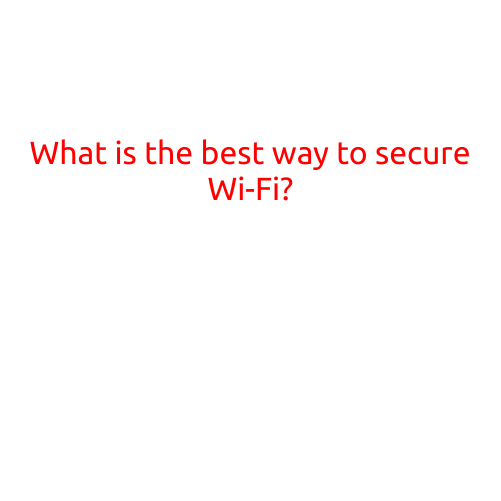
What is a VPN and How Does it Work?
In today’s digital age, online privacy and security have become a top concern for individuals and businesses alike. With the increasing threat of cyberattacks, data breaches, and government surveillance, protecting your online identity and data has never been more important. A Virtual Private Network (VPN) is a powerful tool that can help you achieve just that. In this article, we’ll explore what a VPN is, how it works, and why it’s essential for your online safety.
What is a VPN?
A VPN is a private network that uses encryption and tunneling protocols to create a secure and encrypted connection between your device and the internet. It allows you to browse the internet as if you were accessing it from a different location, while keeping your internet activities private and anonymous.
How Does a VPN Work?
Here’s a step-by-step explanation of how a VPN works:
- Connecting to a VPN Server: You install a VPN client on your device, which then connects to a VPN server located in a different geographic location. This server acts as an intermediary between your device and the internet.
- Encryption: Once connected to the VPN server, your internet traffic is encrypted, making it unreadable to anyone intercepting it. This ensures that your data is secure and protected from potential eavesdroppers.
- Tunneling: The encrypted data is then routed through a virtual tunnel created by the VPN server. This tunnel is encrypted and secure, ensuring that your data remains confidential.
- Sending Data: The VPN server then sends your encrypted data to the internet, and retrieves any incoming data from the internet, encrypting it before sending it back to your device.
- Decryption: When your device receives the encrypted data, the VPN client on your device decrypts it, allowing you to access the internet as normal.
Benefits of Using a VPN
Using a VPN offers numerous benefits, including:
- Unrestricted Internet Access: A VPN allows you to access geo-restricted content, such as Netflix shows or sports events, by connecting to a VPN server located in a different country.
- Enhanced Online Security: VPNs encrypt your internet traffic, making it difficult for hackers and cybercriminals to intercept and steal your data.
- Anonymous Browsing: By hiding your IP address, a VPN allows you to browse the internet anonymously, protecting your identity and preventing your online activities from being tracked.
- Improved Privacy: A VPN helps to protect your personal data, such as your location, browsing history, and search queries, from being collected and used by third-party organizations.
Conclusion
In conclusion, a VPN is a powerful tool that can help you protect your online identity and data from the dangers of the internet. By encrypting your internet traffic and routing it through a secure virtual tunnel, a VPN allows you to browse the internet safely, securely, and anonymously. Whether you’re a individual who wants to protect their online privacy or a business that needs to secure its data, a VPN is an essential tool to have in your digital arsenal.





